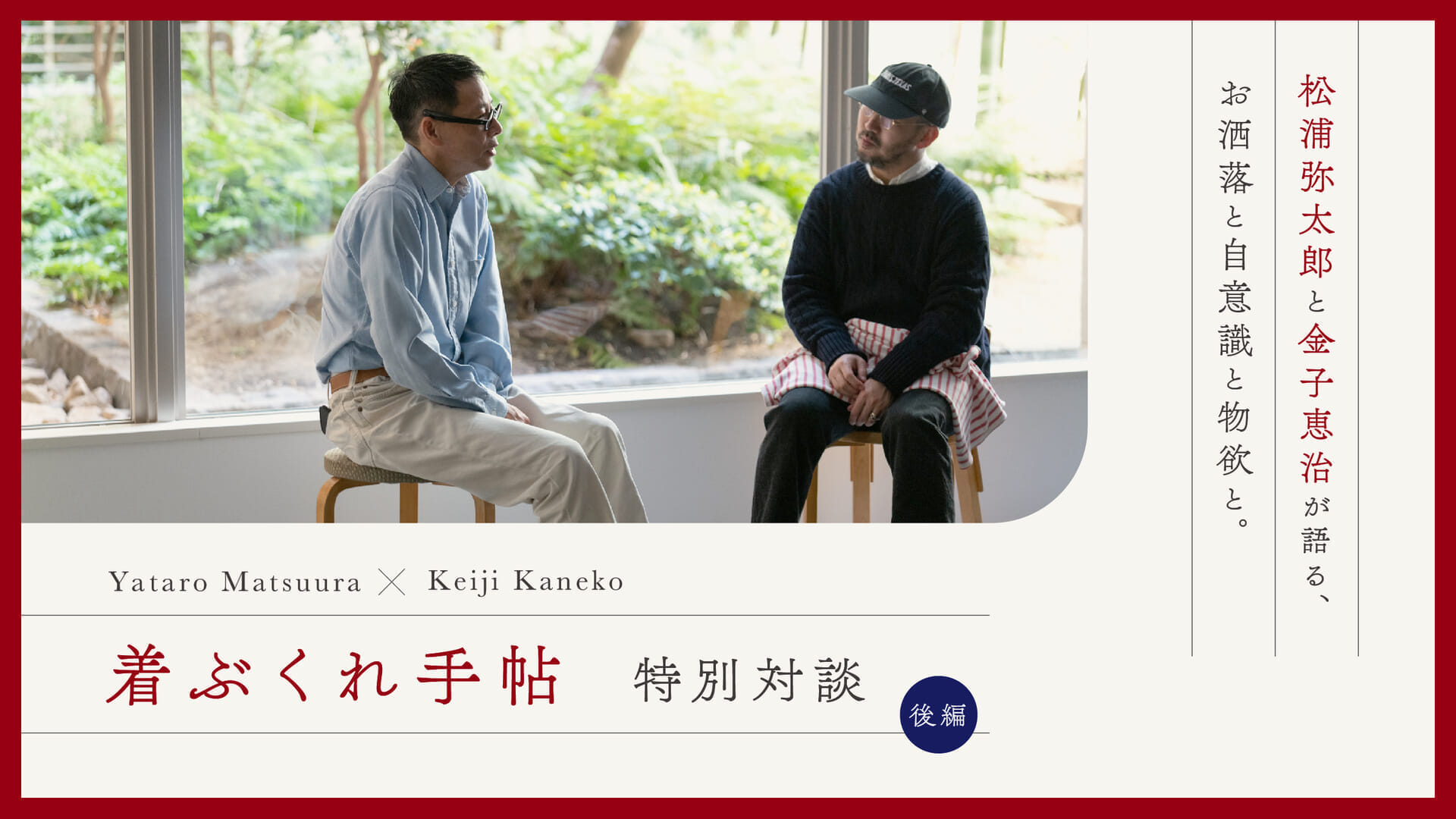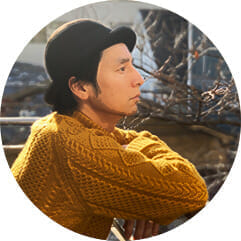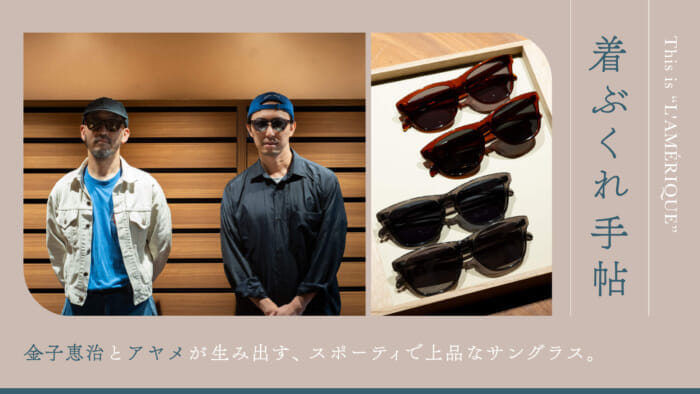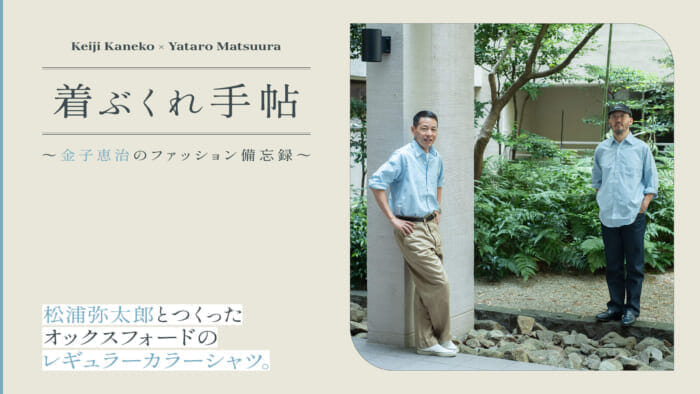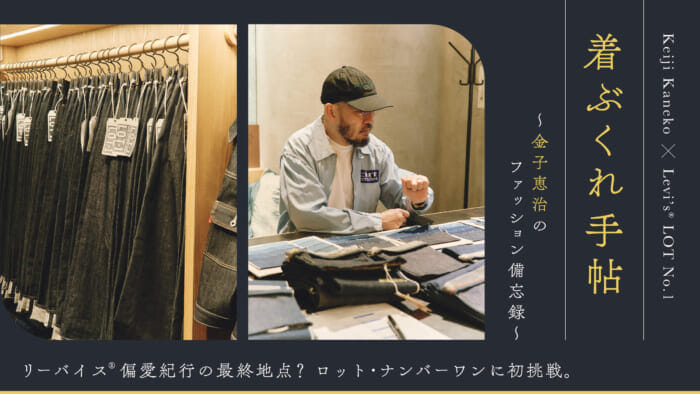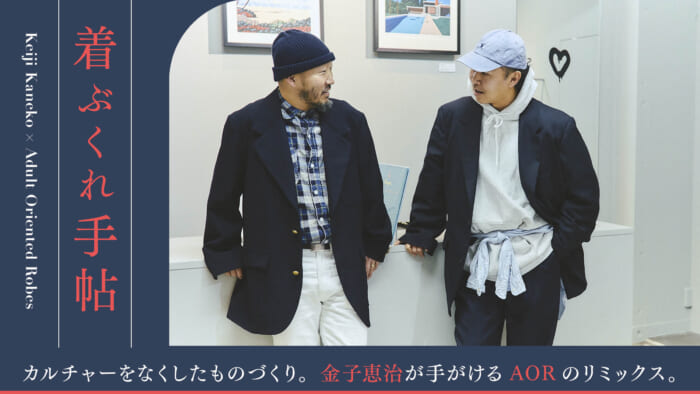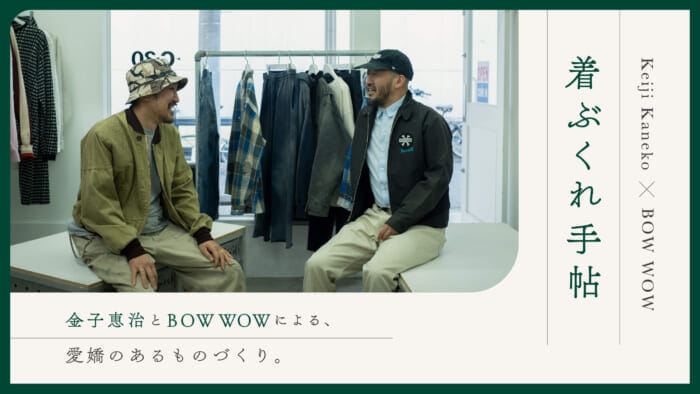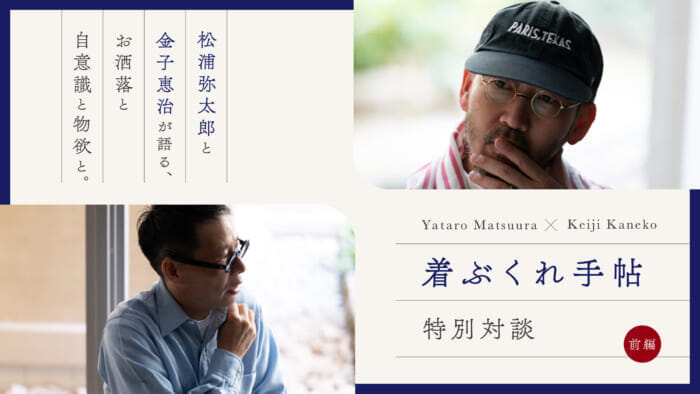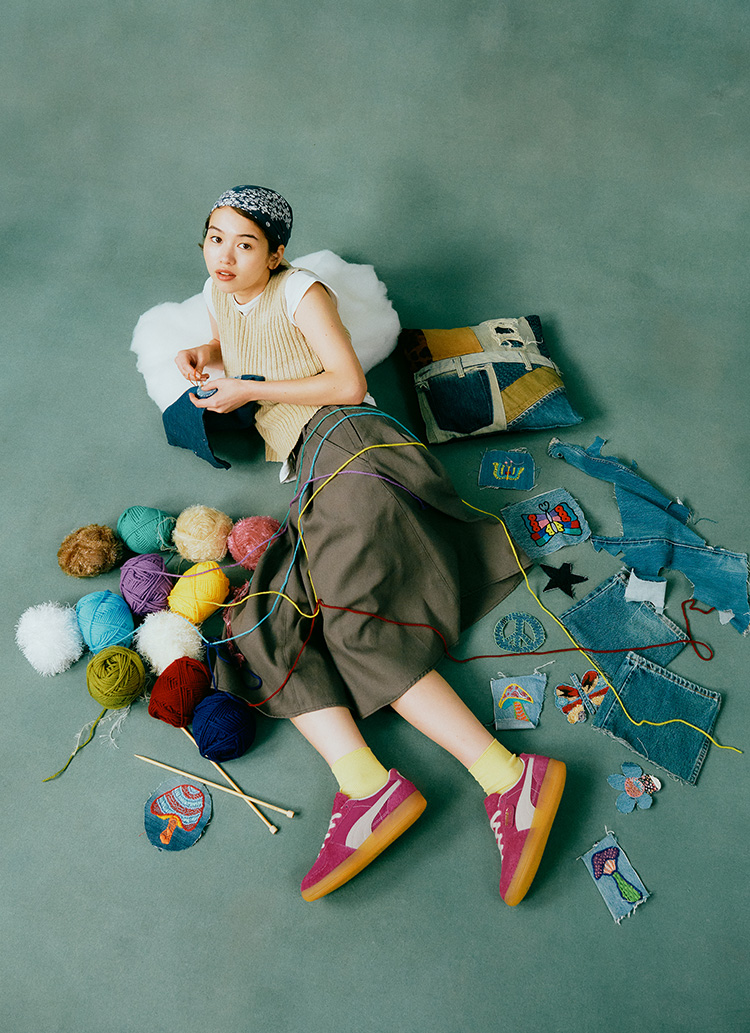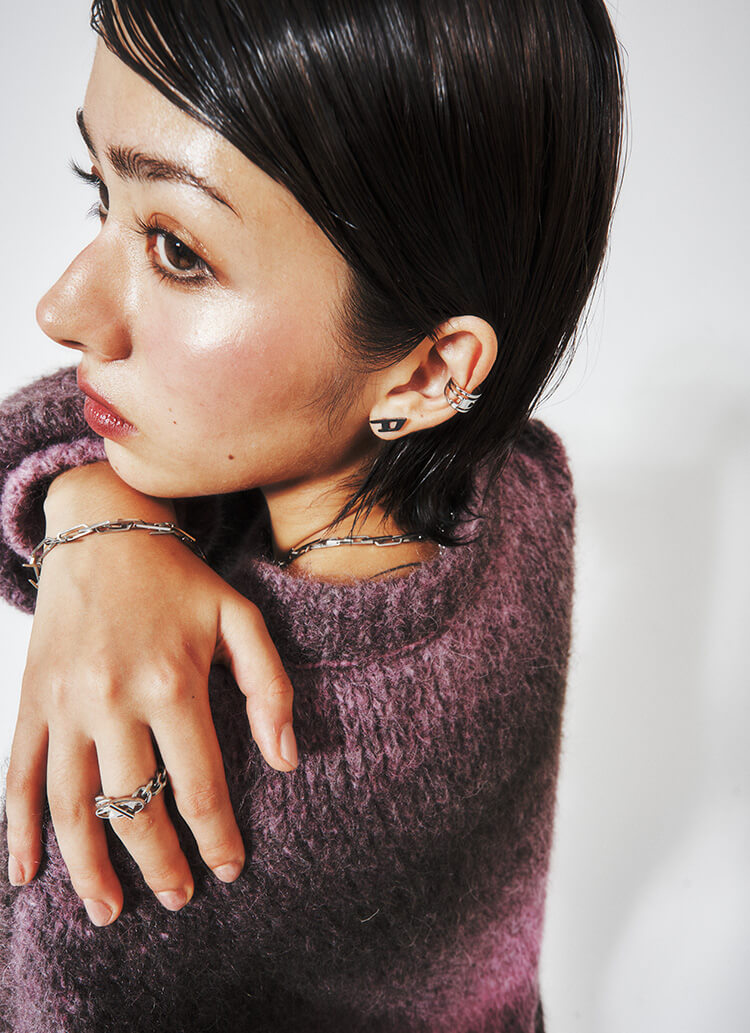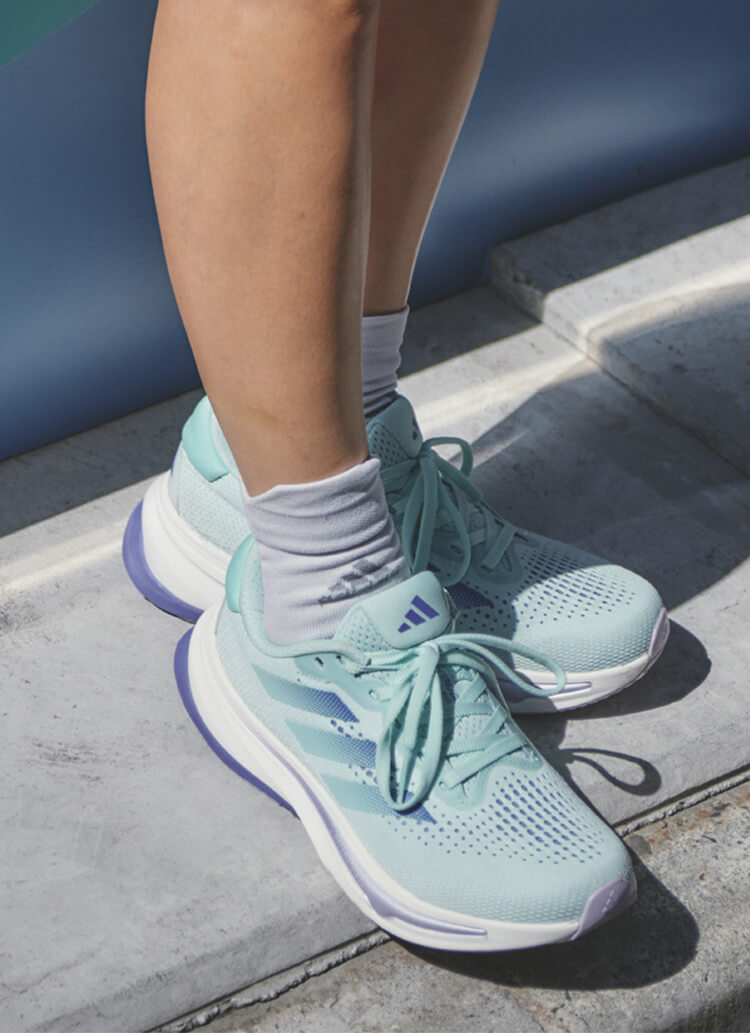PROFILE

Born in Tokyo in 1965, he opened the select bookstore "COW BOOKS" in Nakameguro in 2002, and served as editor-in-chief of "Kurashi no Techo" for 9 years from 2006 before joining Cookpad Inc. in the spring of 2015. In the same year, he launched the web media "Kurashi no Kihon". 2017 he became co-CEO of Oishii Kenko Co. In addition, he is also the editor-in-chief of DEAN & DELUCA MAGAZINE. He has published many books, including "Today too Teinei" (PHP Bunko) and "Shigoto no Kihon Kurashi no Kihon 100" (Magazine House) as his representative works.
PROFILE

Fashion buyer. After working as a buyer at the select store "Edifice", he became independent. After working on his own, he launched "Reshop" in 2015. Currently, he is the conceptor of the store and also supervises various brands and labels.
The Clothesless Handbook: A Special Conversation
Yataro Matsuura and Keiji Kaneko talk about fashion, self-consciousness, and greed. Part 1
It is communication , but not presentation.
In the first part of the interview, we asked Mr. Matsuura to tell us about the clothes he wears and their stories. They all have special attachments and have been worn for a long time. While some items of clothing have been a staple in your wardrobe for more than 30 years, do you ever get stuck in a rut?
Matsuura: I never get tired of it. I only have about five coordinating patterns for the entire season, and I just repeat them over and over again. I don't recommend this to others, and it's also my fault, but it's hard for me to think about what to wear every day.
Kaneko: Didn't it used to be that way?
Matsuura: There was a time when I enjoyed doing so, but in the end, dressing oneself up means playing something. I felt embarrassed by doing so, and felt that I was lying in some way. I don't feel comfortable doing so, and it is easier for me to continue with the pattern that I have decided on. That is because I am attached to each and every item. I don't care what kind of impression anyone has of them, because they tell my story.
Fashion has the aspect of functioning as a communication tool, but does that mean that there is a feeling of a kind of self-satisfaction?

Matsuura: Of course it is communication , but it is not a presentation. There is no need to give a presentation. I just have a fixed idea that this is my life size and this is what my values are. . So you can communicate with that, but you don't make a presentation that dares to show yourself as more than that.
Kaneko: I have seen Mr. Matsuura many times on the street, and as he mentioned today, I get the sense that he wears clothes as an everyday tool. When it was getting a little chilly in the fall, I saw him walking down the shopping street wearing a Patagonia fleece, and when I saw it, I thought to myself, "Autumn has arrived" (laughs).
All: (Laughter).
Kaneko: Just as the leaves on the trees gradually turn red, I could sense the changing of the seasons from Ms. Matsuura. For the first time, I could see an ideal "LE image," as I wanted people like Ms. Matsuura to wear my "LE" in their daily lives in a natural way.
The last time I saw him, he was wearing a lager shirt, which I thought must be old clothes, but he said he had been wearing it for more than 30 years. He told me, "I'm having a hard time finding clothes like this these days. There are many people around me who make their living in the fashion industry, but I rarely have the opportunity to have such conversations with them. Mr. Matsuura is on a different level.
However, there are many things that I sympathize with when I listen to you. I am not there yet, but I can understand.

Matsuura: However, I sometimes buy new things because I have an appetite for things. There have been many times when I have felt that I made a mistake in doing so. I have a basic need to live the same life as usual, and I feel stressed when what I have and what I wear become distant from that basic life. So I think it is easier and better to buy things that are life-size or close to me.
. Your role in your work is to present the inspirations you have obtained in this way as fashion, isn't it? You have to present everyday tools in a cool way, and don't you feel any difficulty in that?
Kaneko: In the end, I feel that what I do does not lead to "popularity. On the other hand, I also feel that the clothes I am making are comfortable for the people who wear them. You mentioned that "501®" is not popular, but we think it is our role to rearrange it and make it more comfortable for everyone to wear and feel at home.
Matsuura: Kaneko-san, you communicate your lifestyle through your clothes. You create stories through clothes, think about life through clothes, and enjoy clothes as if they were a book. I feel that your approach promotes such a movement.
Tomorrow I am going to Shiojiri in Nagano, and I don't think I want to wear clothes made by an outdoor maker to go there. So I'm thinking of wearing a shirt from " LE.
Kaneko: Is that so? I'm glad to hear that.
Matsuura: Wearing outdoor clothes in nature looks nice, but I feel that it is over-specified for me. It would be a different story if we were deep in the mountains, but we can get there by car, so I think normal clothes would be fine. I think that's fine. LE shirts are pure white. Wouldn't it feel good to wear them in nature? That's the idea.

I feel that Matsuura-san and Kaneko-san have something in common in this way of thinking.
Kaneko: The price of that shirt was not too expensive, not too cheap, and, oddly enough, I was aiming for a price range just on the edge of being able to replace it as soon as it gets dirty. The quality did not need to be any better than that. However, we used a fabric that would develop a great taste if worn.
Matsuura: About the third day after ironing is about right. So, I ironed it yesterday, and it will be just right to wear tomorrow.
Kaneko: . I knew it was Mr. Matsuura when he ironed his white shirt to go to the mountain (laughs).
Matsuura: I just do what I am comfortable with. Choosing clothes as an everyday tool, taking good care of them, and loving them for a long time is very good for my mood. I don't mind it, but I tend to draw a line in the sand when it comes to trends. In other words, I am not well informed. There is also the fear of going too far and denying information. I think there needs to be a balance between the two.
I don't want to be the kind of person who says, "I want something old," "I want something sturdy," or "I don't want something modern. . So we have to be careful not to be too rigid in this area.
Kaneko: You wear a lot of different clothes and have a lot of experience against mountains , which means that a white shirt is enough. I think that experience is important.
Matsuura: It is a bit embarrassing when you are over-specified , isn't it? You have to make all kinds of preparations to do something. Even though you don't really have to do that.
Kaneko: I think that when you are still young, you need to enjoy the preparation and think about this and that.
Matsuura: Yes, I agree with you , too. In addition, when choosing and wearing tools, it is important to take good care of them on a daily basis. If you take care of your tools, they will last longer, you will become attached to them, and you will gain a deeper understanding of them.


